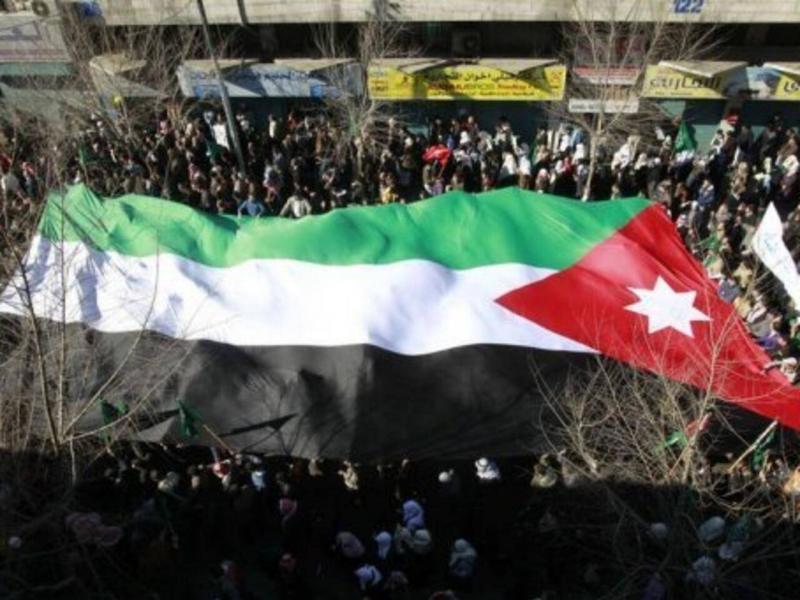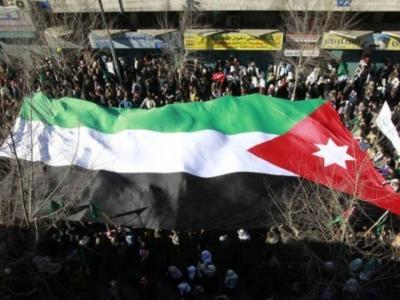For national, pan-Arab, historical, geographical, demographic, and strategic reasons, Jordan considers the Palestinian cause its primary central issue, and the establishment of a Palestinian state is a Jordanian priority. However, while publicly adopting this stance, it does not accept any certificates of good conduct from anyone, whether from within or outside. There have been those who have attempted to play this role over decades, and they still do.
In dealing with current events, not only in Gaza but also in the West Bank, Jordanian diplomacy, personally led by King Abdullah II, has worked to inform the international community and global public opinion about the true situation and to refute the Israeli narrative of events. The events of October 7, 2023, are not the cause of the current situation, but rather a result of the occupation, siege, and injustice practiced by Israel, which has been ignored by the international community for over 70 years. From this standpoint, Jordan condemns and calls upon the world to denounce the Israeli massacres, collective punishment, and genocide and rejects Israel's and its far-right government's calls to denounce the Palestinian resistance.
Jordan was the first to recognize the impact of Benjamin Netanyahu's government on the American administration's stance the day after the attacks, as well as its plans to evacuate Palestinian citizens from Gaza under the pretext of targeting the resistance and protecting civilians. Initially, American diplomacy seemed convinced of the correctness of the Israeli plan before changing its opinion. Jordan was also the first to alert the world to the unity of Palestinian territories between the West Bank and Gaza Strip and to thwart Netanyahu's extreme government's plans to separate them and entirely abandon what is left of Oslo commitments.
Breaking the siege on Gaza and delivering humanitarian aid by air was a risky Jordanian step that was rejected by Netanyahu's government, which uses starvation and denial of medicine as weapons for further killing and famine. Jordan informed the United States that the first plane to enter Gaza's airspace would carry a high-ranking Jordanian official, possibly the king himself. Jordanian diplomacy employed terms regarding the Israeli occupation government and its aggression against the Palestinian people that had not been used since the peace treaty in 1994, which the Israeli government deemed a hostile stance. The Jordanian monarch and his family, as well as the government, have faced unprecedented Israeli attacks through official statements and campaigns on social media, in addition to facing attacks from "brothers," either directly or indirectly.
On the popular level, Jordanians have stood, as they always have, alongside their Palestinian brothers, rallying behind their leadership in supporting Palestinians, exposing Israeli misinformation, and garnering international support for the Palestinian cause. Over six months, Amman and other Jordanian cities have witnessed ongoing popular movements expressing Jordanians' solidarity with Palestinians and continuous donation campaigns to support them. However, the events of the last two weeks of Ramadan, which saw protests in Amman accompanied by chants from some participants that intentionally or unintentionally tried to divert the focus from the Israeli aggression, created a situation of national division and accusations that undermined state efforts and warrant serious contemplation and wise, firm handling.
Despite the limited nature of the situation and attempts by some external parties to exploit the incident to exaggerate the image, whether the intent is to ensure Jordan's security and stability or to exacerbate divisions, given the seriousness of regional conditions and their continuity, the Jordanian state has been aware of legal violations that occurred and dealt with them with the necessary legal firmness to prevent their recurrence and potential threats from certain parties or individuals.
It was clear that the Islamic Movement was mobilizing for protests, which is a right for any political party. The Islamic Movement has been established in Jordan for 80 years. Violations occurred during its leading role in the protest scene, which experienced verbal violence. Consequently, either the violations were committed by its members and they need to justify them, or they were committed by non-members, and it needs to clarify to prevent similar scenes from recurring.
An Iraqi faction with a sectarian title dared to offer to arm 12,000 Jordanians while it could retain the weapons for itself and fight from another accessible and allied front. Jordan is suffering from difficult economic conditions, some of which are beyond its control and relate to the burden of debt, high energy prices, shipping costs, economic activity decline, aid cutbacks, and hosting refugees. The continued Israeli aggression for over six months has compounded these difficulties.
Additionally, Jordan is heading towards general parliamentary elections during this year under a new electoral law resulting from national dialogue and political and constitutional reforms. All of this means that attempts to exploit these conditions for political gains by outbidding the state's position could present a turning point not in anyone's interest, especially that of the Palestinian brothers, who have noticed this matter, prompting President Mahmoud Abbas to publicly state that Jordan deserves thanks, not insults.
In general, Jordan has faced many harsh circumstances but has always overcome them through dialogue and law. Jordan sends air aid to Gaza to break the starvation policy adopted by Netanyahu's government, and it does not favor one party over another in the region. The Jordanian field hospital that has been operating in Gaza for many years does not inquire about patients' political affiliations.
Above all, Jordan finds itself facing a 370-kilometer long border with Syria for over a decade against drug and weapon smuggling using modern and organized methods. At the same time, it bears most of the cost of hosting more than 1.4 million Syrian refugees on its territory after international commitments to funding decreased last year to about 23% of those commitments.
Finally, regardless of supportive or sarcastic descriptions of the Iranian strike against Israel and its consequences on the ground or the course of events in Palestine and the region, as well as the closure of airspace and preparations for possible counterattacks, the conditions requiring the protection of airspace, Jordan views the Netanyahu government’s exploitation of renewed Western sympathy, regained after a notable decline in European support in recent weeks, possibly to commit another massacre in Rafah.
The sentiment among Jordanians today, faced with all these open fronts, is clear: we are not a rear battleground for any party, we are not part of any alliances or regional settlements, and we will not accept any certificate of good conduct from abroad or at home. Our priorities are to support our brothers, protect our borders, community, achievements, and our stability.




